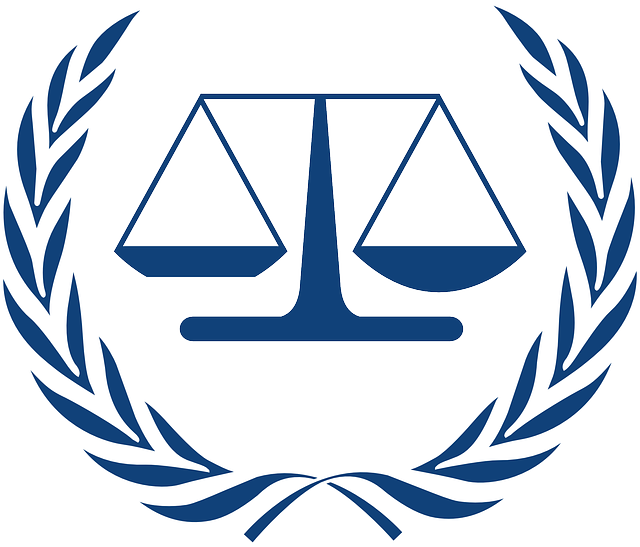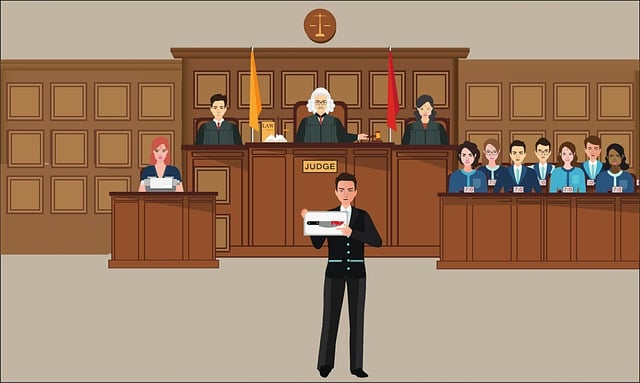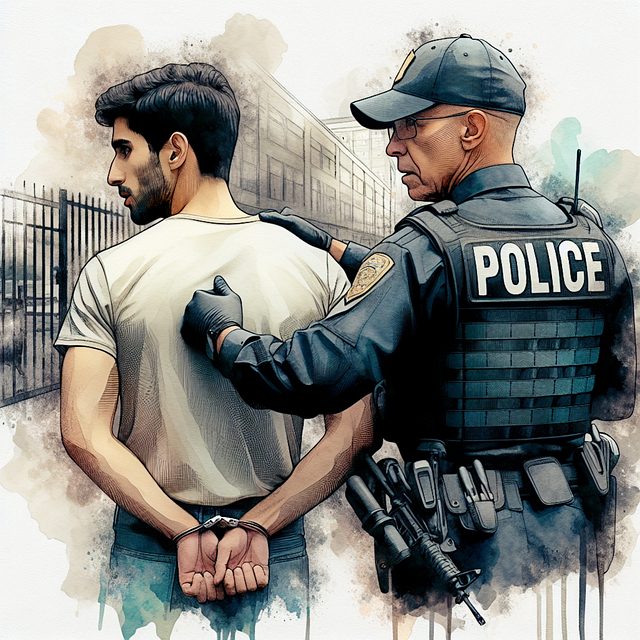In today's digital era, integrating tech solutions is crucial for enhancing legal processes, especially in DUI Defense for Tourists. Traditional methods often lag behind technological and legislative advancements, creating gaps in effective representation. Advanced data analytics, AI-driven tools, real-time translation services, digital case files, and remote consultation platforms enable more efficient case management, evidence analysis, and client communication, providing a significant advantage to tourists facing DUI charges in foreign legal systems. These innovations strive for fairness, accuracy, and accessibility, aiming for a more just justice system.
In today’s digital age, tech solutions are transforming legal processes, offering unprecedented opportunities for efficiency and fairness. This article explores how technological advancements can future-proof law, focusing specifically on the intriguing realm of DUI defense for tourists. We delve into innovative strategies that leverage technology to ensure justice and streamline legal procedures for non-residents, addressing a pressing need in the global travel landscape.
- Understanding Tech Solutions for Future-Proofing Legal Processes
- DUI Defense for Tourists: Leveraging Technology for Fairness and Effectiveness
Understanding Tech Solutions for Future-Proofing Legal Processes

In today’s digital age, understanding tech solutions is crucial for future-proofing legal processes, especially in areas like DUI defense for tourists. Traditional methods often struggle to keep up with the rapid changes in technology and legislation, leaving gaps in effective representation. Integrating innovative tech tools allows legal professionals to navigate these complexities seamlessly. For instance, advanced data analytics can help identify trends and precedents relevant to DUI cases, enhancing strategic planning and outcomes for both defense attorneys and their clients.
These technological advancements enable more efficient case management, evidence analysis, and communication with clients. From AI-driven document review to secure online platforms for sharing sensitive information, these solutions streamline legal processes. For tourists facing DUI charges, tech solutions can provide a much-needed edge in a complex foreign legal system. This includes access to real-time translation services, digital case files, and remote consultation options, ensuring better understanding and advocacy throughout the legal process.
DUI Defense for Tourists: Leveraging Technology for Fairness and Effectiveness

In today’s digital era, technology is transforming various aspects of our lives, including legal proceedings. One area where this shift is particularly notable is DUI (Driving Under the Influence) defense for tourists. Traditional methods often rely heavily on eyewitness accounts and fixed sensors, which can be inconsistent or biased. However, leveraging advanced tech solutions offers a more accurate and fair approach to DUI enforcement. For instance, real-time data from connected vehicles and wearables can provide irrefutable evidence of impairment levels, ensuring that tourists are treated equally under the law.
Tech-driven solutions also enhance efficiency in DUI cases involving visitors. Smart legal platforms can automate repetitive tasks, allow for seamless communication between lawyers and clients, and even predict potential outcomes based on historical data. This not only expedites the defense process but also ensures tourists receive effective representation without facing the challenges of navigating an unfamiliar legal system. Ultimately, these technological advancements strive to uphold fairness and accuracy in DUI defense for tourists, making the justice system more accessible and just.
Tech solutions play a pivotal role in future-proofing legal processes, ensuring fairness and efficiency, especially in areas like DUI defense for tourists. By leveraging advanced technology, legal systems can adapt to changing dynamics, providing better outcomes for all stakeholders. As we navigate the digital age, these innovations will continue to revolutionize the way justice is served, offering streamlined, effective, and accessible solutions for even the most complex legal challenges.






